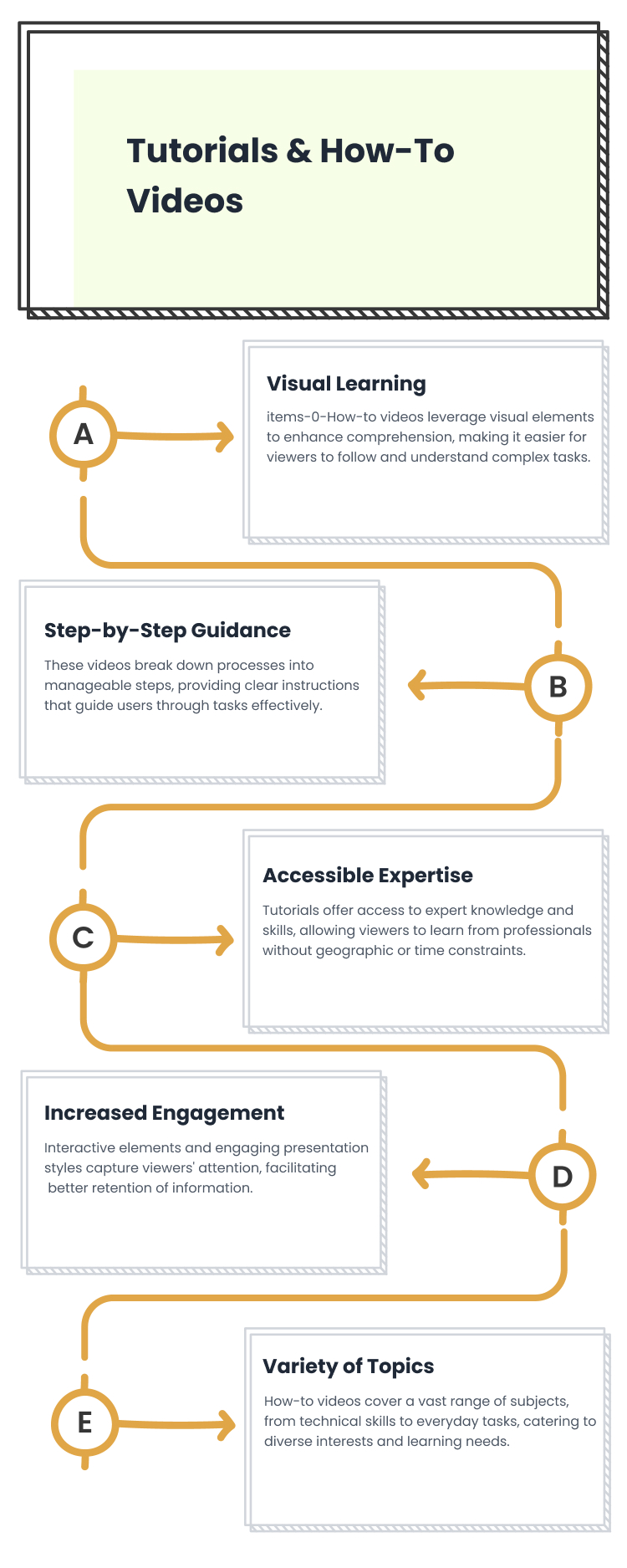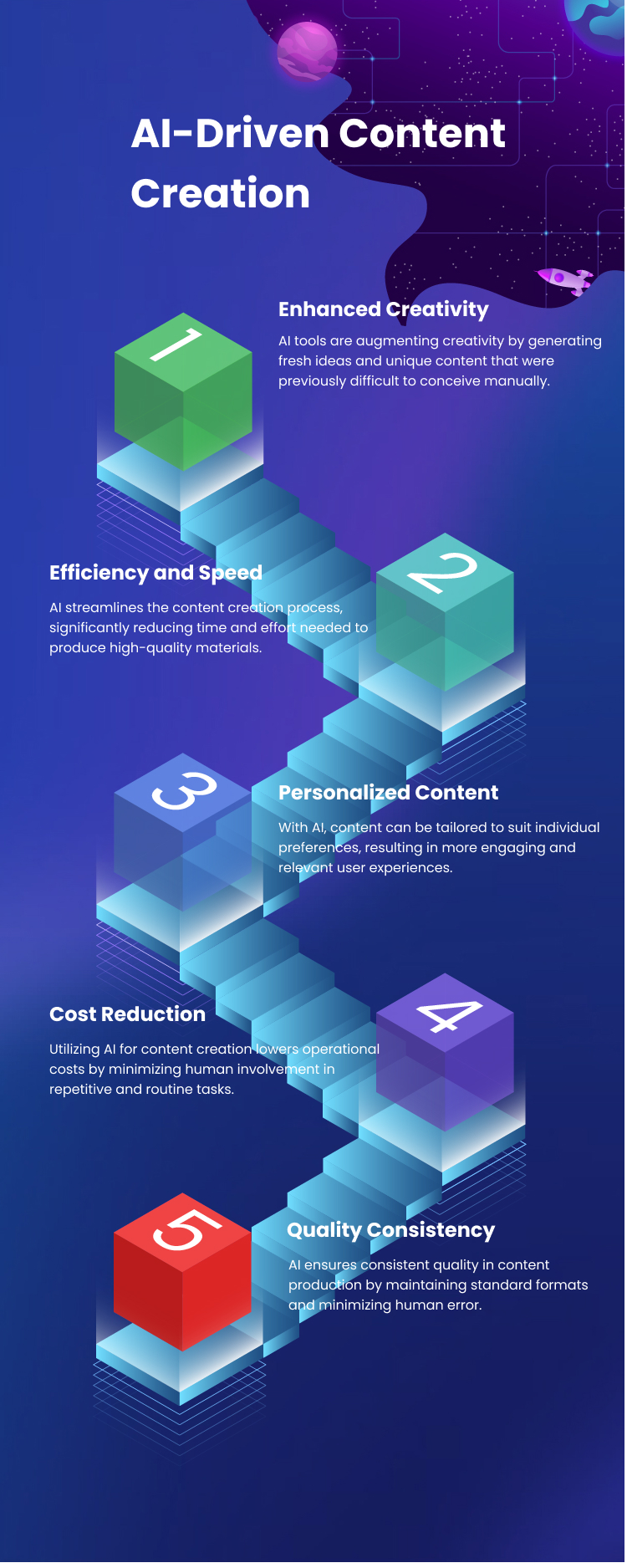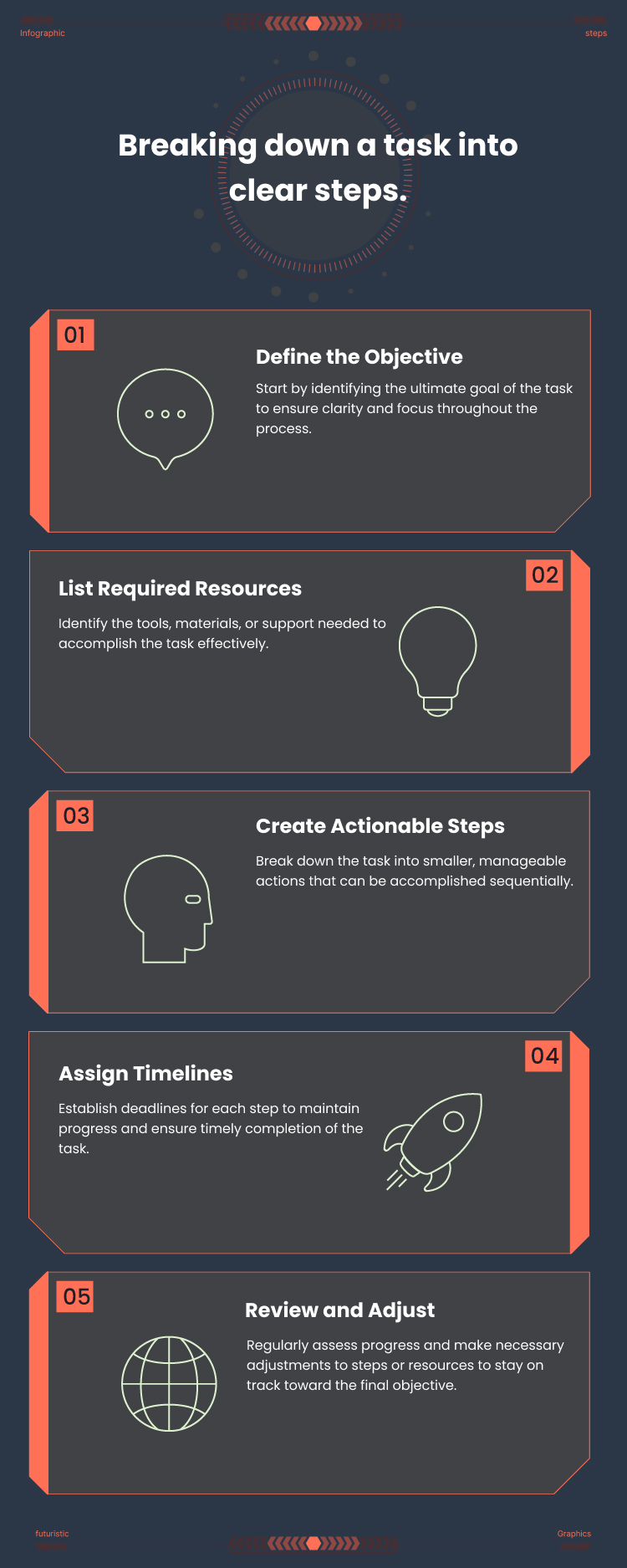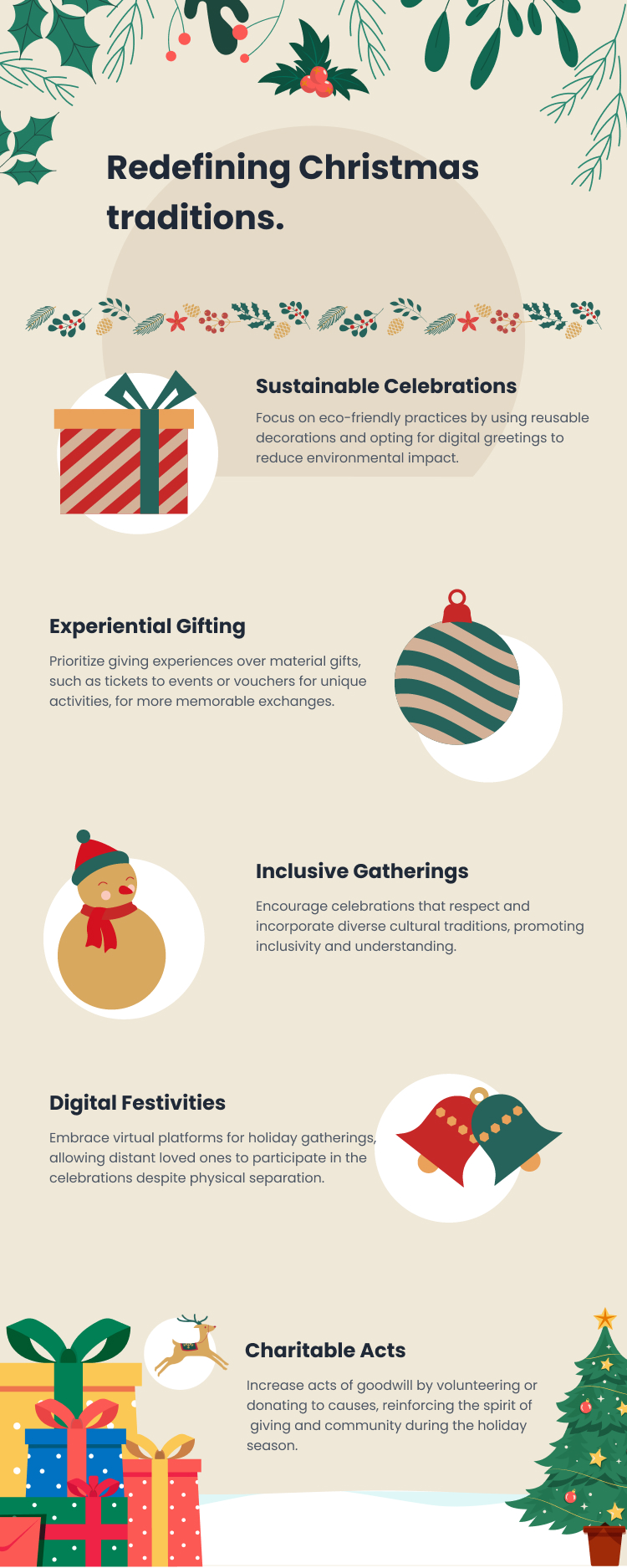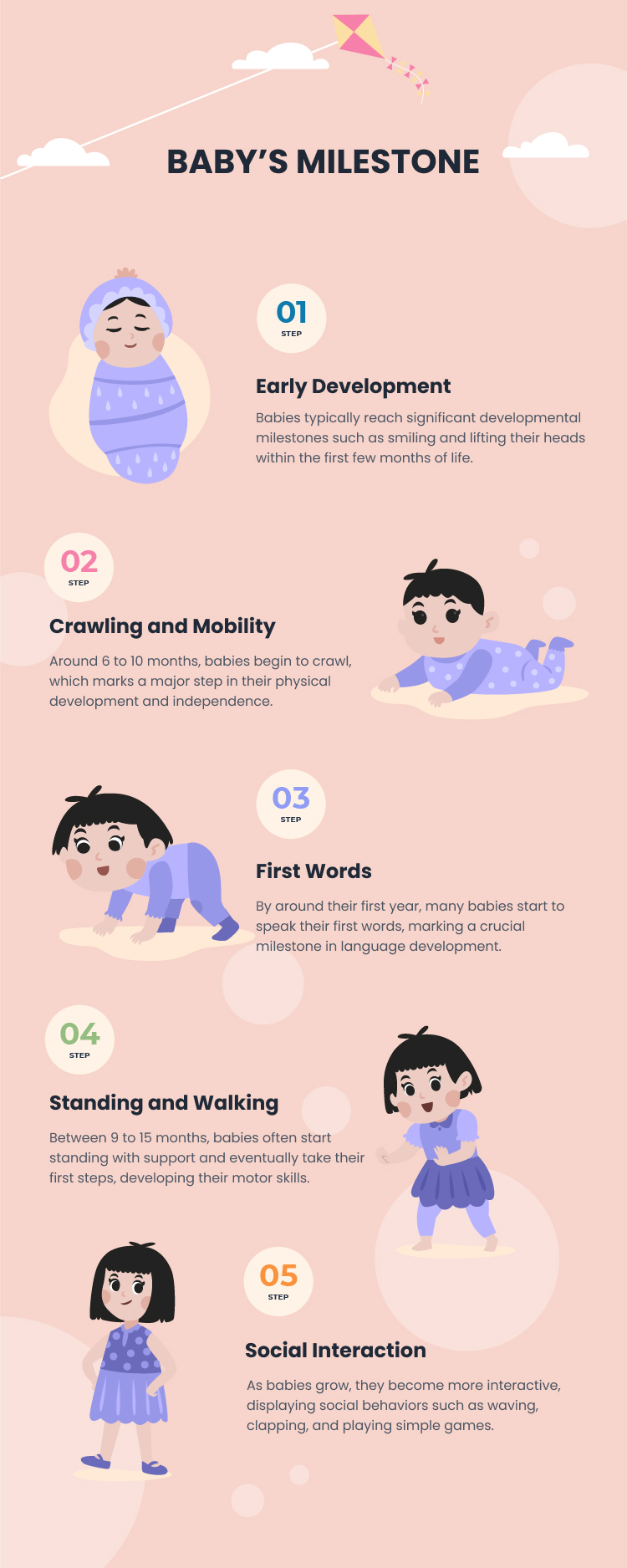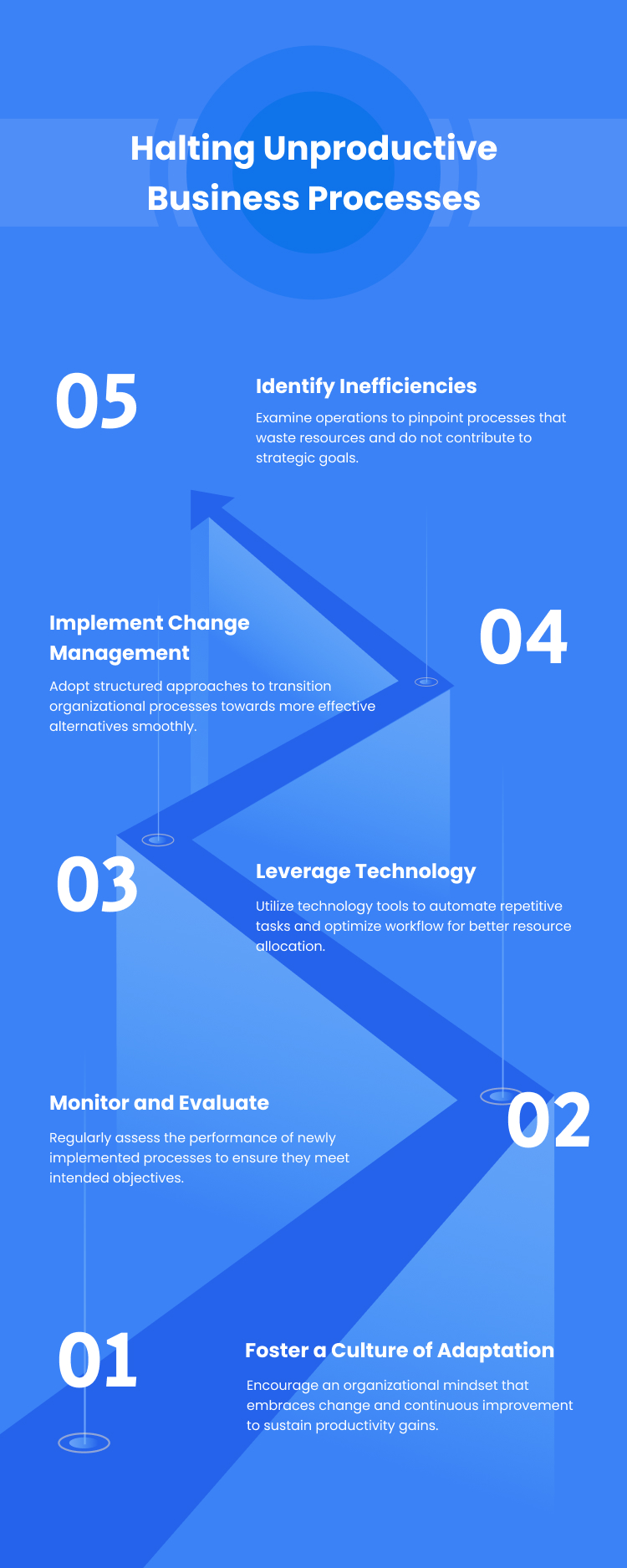Space Exploration and Colonization
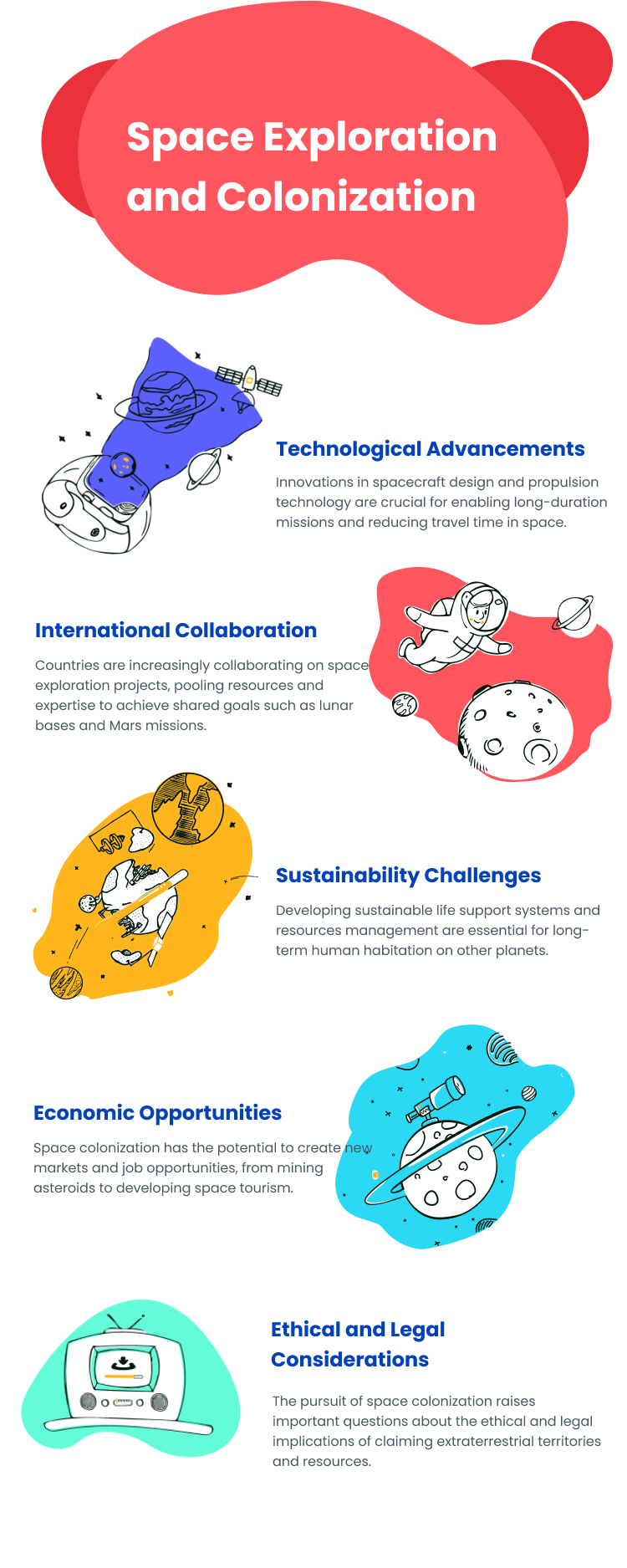
"Space Exploration and Colonization: Pioneering Humanity's Future Beyond Earth"
-
Advancing Technological Innovation
Space exploration drives breakthroughs in robotics, AI, and life-support systems, with projects like NASA's Artemis program and SpaceX's Starship revolutionizing reusable rocket technology. These innovations often yield spin-off benefits for Earth, such as improved satellite communications and medical advancements. -
Addressing Earth's Challenges
Colonizing other planets could alleviate overpopulation and resource scarcity, while space-based research offers insights into climate change and sustainable energy solutions like solar power and nuclear fusion. Mining asteroids for rare metals or lunar water ice may reduce terrestrial environmental degradation. -
Ensuring Human Survival
Establishing off-world colonies, such as Mars habitats, serves as a contingency against existential threats like nuclear war or asteroid impacts. Long-term missions also study human adaptability to microgravity and radiation, informing intergenerational space travel strategies. -
Fostering Global Collaboration
International partnerships, like the Lunar Gateway and China-Russia lunar research stations, pool resources and expertise to tackle shared challenges like radiation shielding and sustainable habitats. Such cooperation may mitigate geopolitical tensions by unifying nations under a common goal. -
Navigating Ethical Frontiers
Colonization raises questions about planetary protection (e.g., contaminating Mars with Earth microbes) and equitable resource distribution to avoid "space colonialism". Ethical frameworks must balance scientific progress with preserving extraterrestrial environments and potential indigenous life.
For deeper insights, explore the role of AI in autonomous navigation or debates on terraforming Mars versus adapting humans to hostile environments.




